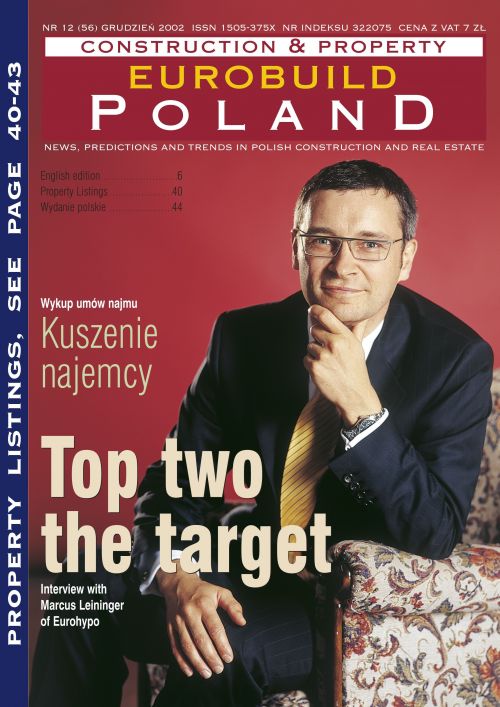When the Israeli-based Cinema City swallowed up South African Ster Century's
four multiplex cinemas in Poland in summer this year, it was another sign that
the multi-screen cinema market could be very ruthless. The operators left still
have ambitious plans, but rather than pile in on top of one another, some are
looking to establish stronger identities for themselves.
Now the biggest multiplex operator in Poland with 110 screens, Cinema City's
acquisition of the Ster Century cinemas, meant particular intensification of its
activities in Warsaw, where the latter had three multiplexes in big shopping
centres, (Galeria Mokotów, Janki and Promenada), bringing Cinema City's total
in the capital to five. It had also signed an agreement, in February 2001, with
the Canadian Imax Corporation which made it exclusive operator for the giant
screen IMAX theatres in Poland. All this it has accomplished in just two years
on the Polish market and is but one of the indicators that the mult




























































